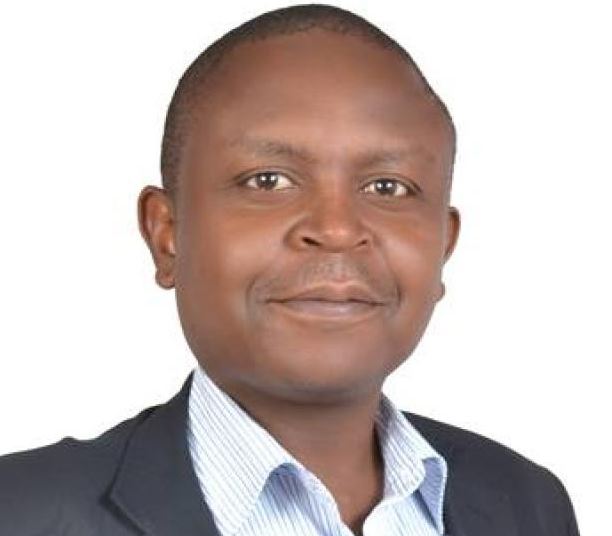×
The Standard e-Paper
Join Thousands Daily

Kenya stands to lose heavily if the ongoing dispute on the National Optic Fibre Backbone Infrastructure (Nofbi) is not urgently resolved.
The tussle between the Ministry of ICT and the ICT Authority and Telkom Kenya was in Parliament recently when a report detailing the woes facing the critical infrastructure was tabled.